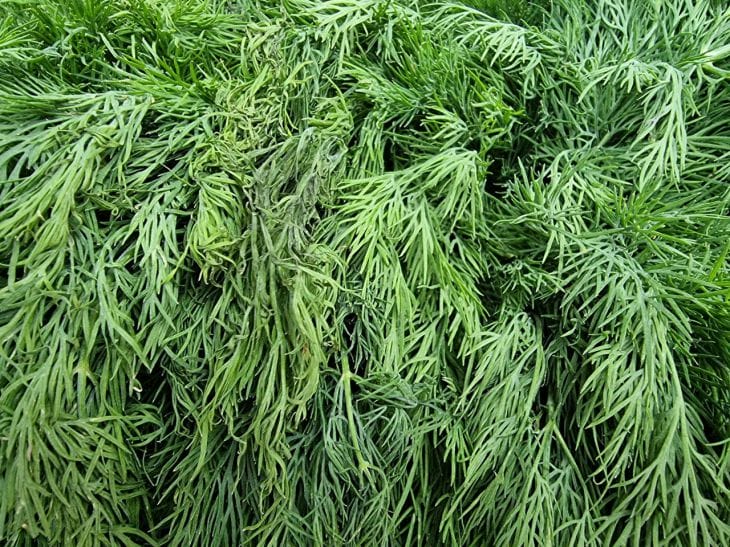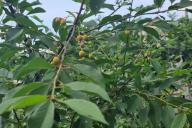Do you consider dill just a salad herb?
Scientists from the Timiryazev Academy have revealed its secret superpower, which will make you reconsider everything you knew about gardening.
It turns out that dill roots release phytoncides - volatile compounds that kill nematodes, microscopic worms that eat the roots of potatoes, tomatoes and strawberries.

"Nematodes destroy up to 30% of the world's harvest every year," says Professor Sergei Petrov. "But dill planted between beds reduces their population by 70%."
An experiment described in the journal Ecological Farming proved that it is enough to sow dill around the perimeter of a potato field for the tubers to grow 50% larger.
Summer resident Andrey from Voronezh shared the results:
“I used to collect potatoes the size of a walnut.
After planting dill, the tubers began to weigh 400-500 grams! " But there is a nuance: dill should be sown during the full moon. The Biodynamics study showed that during this phase, seeds germinate 40% faster due to increased sap flow in plants.
Here's a life hack from Siberian gardeners: dry dill brewed with boiling water (1 glass per liter of water) becomes a powerful insecticide. Spray the plants with the infusion - and aphids, slugs and whiteflies will disappear.
“My garden now smells like a pharmacy, but there are no pests!” laughs Olga from Tomsk.
But dill is not a panacea. If you plant it next to fennel, both plants will become bitter due to cross-pollination.
"For years I couldn't understand why dill tasted bitter until I removed the fennel," admits Marina from Krasnodar. Replace the fennel with basil - it enhances the aroma of dill and repels the carrot fly.








